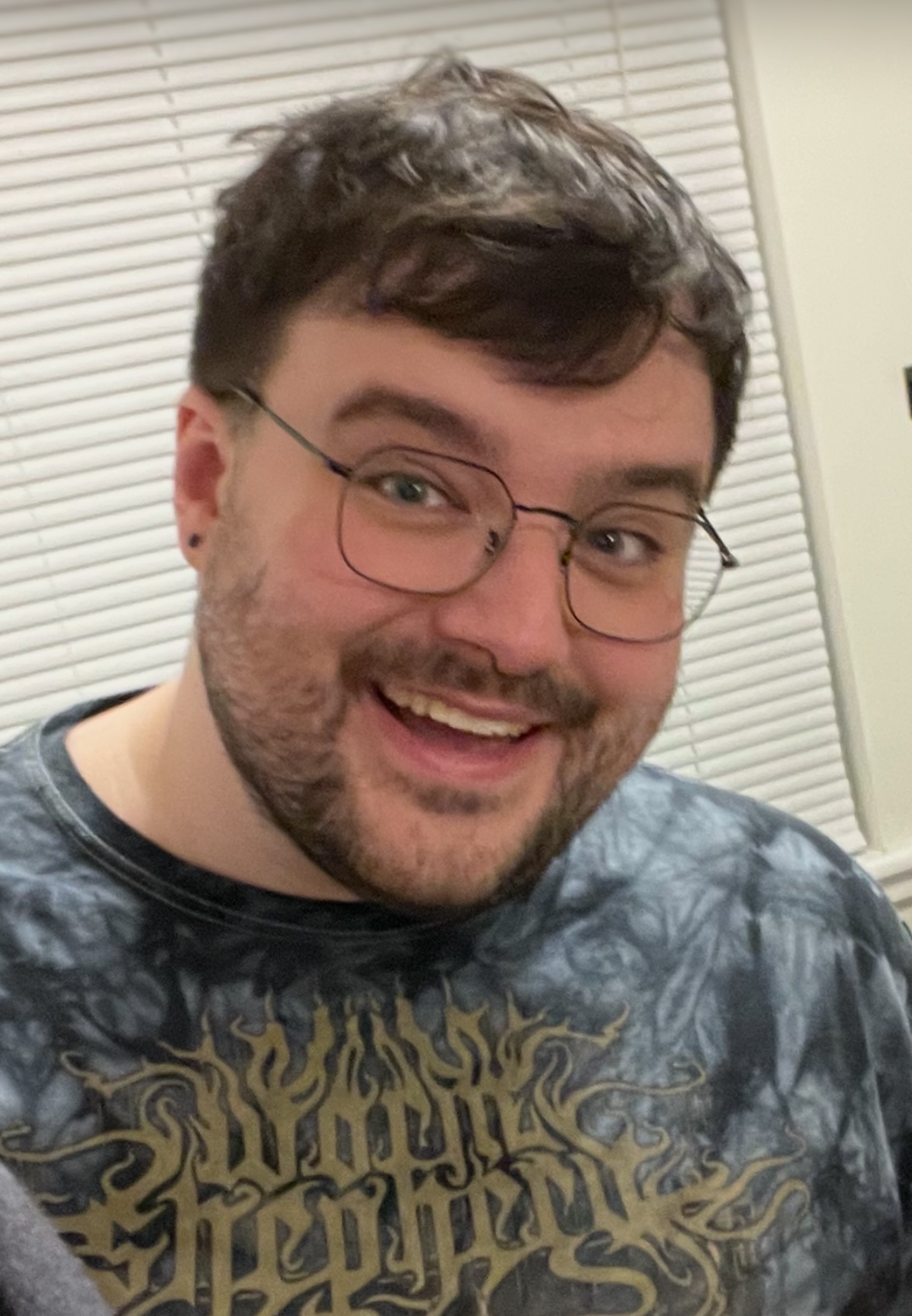How does social meaning interact with language change?
I’m a PhD candidate and graduate assistant in Michigan State University’s Department of Linguistics, Languages, and Cultures where I concentrate in sociolinguistics. I work with Betsy Sneller, Suzanne Evans Wagner, Karthik Durvasula, and others to investigate questions related to sociophonetics/phonology, language change, and the linguistic construction of identity. I am affiliated with MI Diaries, a large-scale corpus and public outreach project conducted by the MSU Sociolinguistics Lab that has been remotely gathering acoustic data (through participant self-recording) from hundreds of Michiganders since early 2020.
I am especially interested in finding ways to marry concepts from third-wave sociolinguistics, linguistic anthropology, and sociocultural linguistics with experimental and mixed-methods approaches to address the fundamental questions of language change as laid out by Weinreich, Labov, and Herzog (1968). My research program strives to investigate the degree and nature of interaction between the dynamics of language change and socioindexical meaning, and is centered around WLH’s proposed vision for the field:
(…) a model of language which accommodates the facts of variable usage and its social and stylistic determinants not only leads to more adequate descriptions of linguistic competence, but also naturally yields a theory of language change that bypasses the fruitless paradoxes with which historical linguistics has been struggling for over half a century (p. 99).
I am additionally invested in exploring the extent to which these concepts can be integrated within a framework of cultural evolution to offer holistic explanations of the actuation and spread of linguistic change. Here, I take serious inspiration and direction from Roberts’ and Sneller’s (2020) suggestions for invigorating interdisciplinarity between sociolinguistics and language/cultural evolution.
Currently, I am working on my dissertation while drafting parts of it into journal submissions; I’m also working as a research assistant for the MSU sociolinguistics lab.
